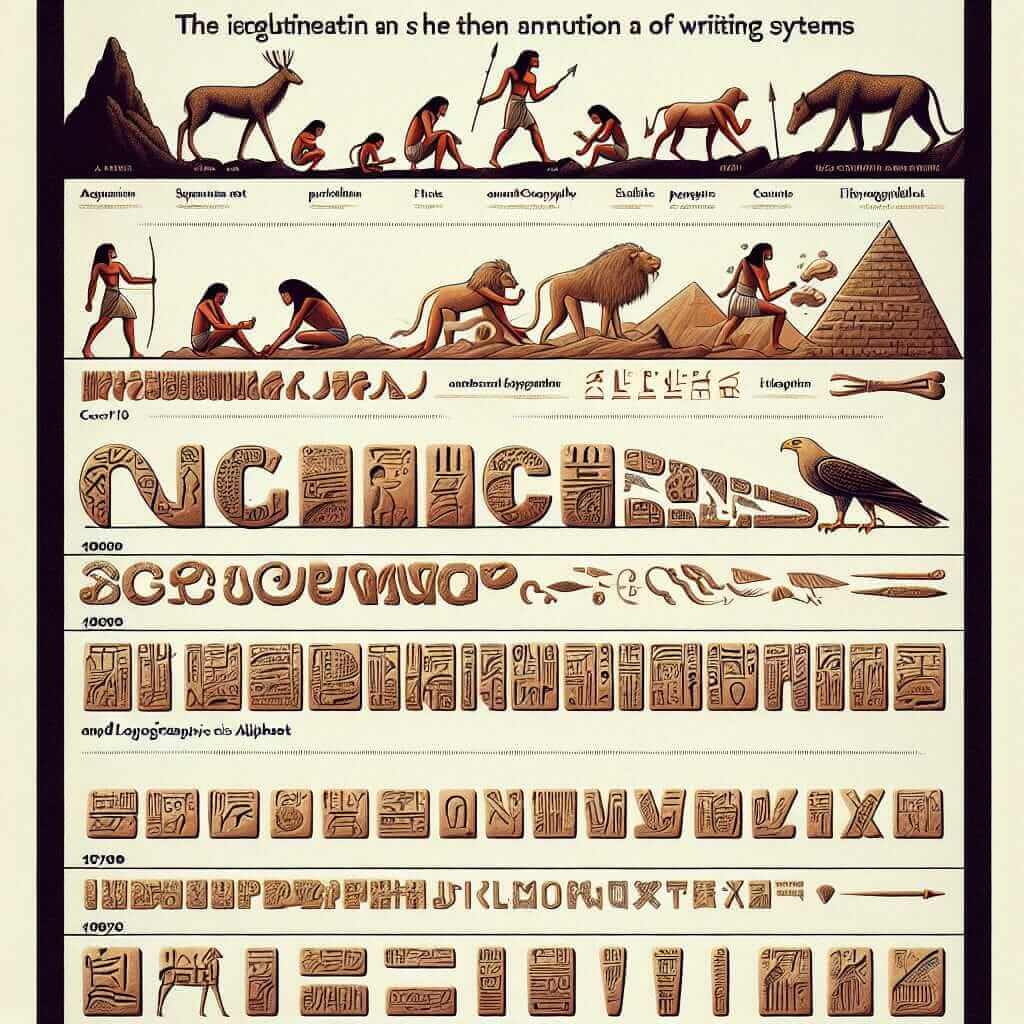As an IELTS instructor with over two decades of experience, I’ve encountered my fair share of surprised faces when students are faced with questions like “How did writing begin?” in the IELTS exam. It’s not your typical grammar or vocabulary question, and it often throws test-takers off guard. But fear not! This seemingly curveball question offers a fantastic opportunity to demonstrate critical thinking, historical awareness, and strong language skills – all crucial elements for IELTS success.
The Significance of “How Did Writing Begin?” in IELTS
The IELTS exam aims to assess your ability to communicate effectively in English, and that extends beyond just grammar and vocabulary. This question delves into the realm of ideas and historical understanding. Here’s why it matters:
- Demonstrating Critical Thinking: You’re asked to analyze a complex historical development and present a coherent explanation.
- Showcasing Language Skills: You need to articulate abstract concepts using appropriate vocabulary and grammatical structures.
- Highlighting Broad Knowledge: A well-structured answer reflects a wider understanding of history and human development, which is valued in academic contexts.
Constructing Your Response
While you won’t need to be a history scholar, a basic understanding of writing’s origins is key. Here’s a simple structure for a well-rounded response:
1. The Dawn of Communication:
- Briefly mention early forms of human communication (cave paintings, symbols).
- Explain that these forms were limited in conveying complex thoughts.
Example: “Before the advent of writing, humans relied on rudimentary forms of communication such as cave paintings and rudimentary symbols. However, these methods proved insufficient for expressing abstract ideas or recording history.”
2. The Need for a System:
- Highlight the growing need for record-keeping (trade, agriculture, laws).
- Explain how this necessity led to the development of more formal writing systems.
Example: “The rise of agriculture and trade necessitated a more reliable method to record transactions, codify laws, and preserve knowledge for future generations. This growing complexity paved the way for the emergence of formal writing systems.”
3. Early Writing Systems:
- Briefly mention some early examples, like cuneiform or hieroglyphs.
- Emphasize that these systems were complex and evolved over time.
Example: “One of the earliest known writing systems, cuneiform, emerged in Mesopotamia around 3200 BC. These early systems, while complex, marked a significant leap forward in human communication.”

4. Evolution and Impact:
- Briefly state how writing has evolved to become the sophisticated system we use today.
- Mention its profound impact on knowledge sharing and cultural development.
Example: *”Over millennia, writing evolved dramatically, leading to the alphabet and the diverse writing systems in use today. This evolution has been fundamental in shaping human civilization, facilitating the dissemination of knowledge, and shaping cultural identities.”
Tips for Success
- Keep it Concise: Remember, this isn’t a history essay. Focus on delivering a clear and concise response within the time limit.
- Vocabulary is Key: Use sophisticated vocabulary related to history and development (e.g., “emergence,” “necessitated,” “evolution,” “profound impact”).
- Practice Makes Perfect: Familiarize yourself with discussing historical topics in English to build confidence for your IELTS exam.
Conclusion
While questions about the history of writing might seem daunting at first, approaching them with a structured approach and clear language will help you excel in your IELTS exam. Remember, it’s about demonstrating your ability to think critically, articulate complex ideas, and use English effectively. By following these tips, you can turn a potentially tricky question into an opportunity to shine. Good luck!